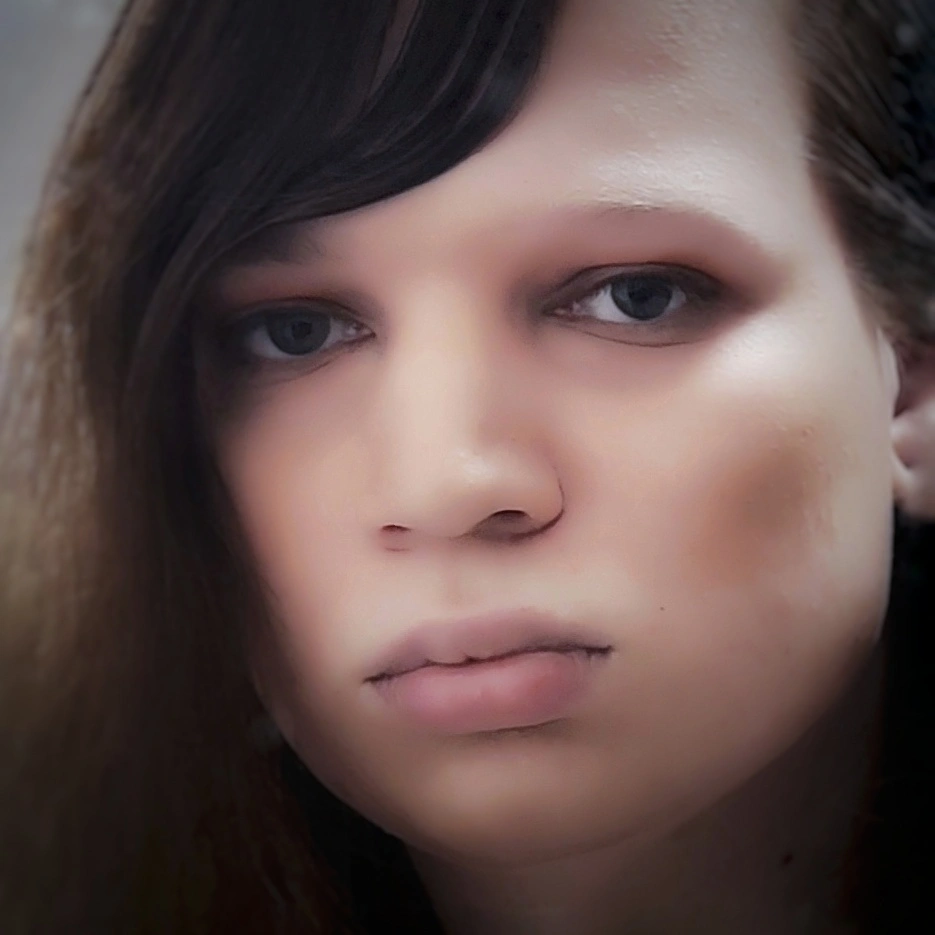
This is worse than when I found out the blobfish is just a normal-ass fish that usually lives under lots of water pressure and had just inflated from the lack of it.
but then they can still set colors, that we don’t. Or at least there are some colors they can differentiate between, that we can’t.
e.g if they have a receptor for orange, yellow and red, then can differentiate between pure orange and orange that is 50% red and 50% yellow.
So both is true: We have more colors (because of brain-things), but they still have some colors, that we don’t (because of receptors).
Can you give any source for this? The text includes 2 key links and the screenshot obviously misses out on them
Morrison, J. Mantis shrimp’s super colour vision debunked. Nature (2014). https://doi.org/10.1038/nature.2014.14578
Published23 January 2014 DOI https://doi.org/10.1038/nature.2014.14578This came out in 2014? Oh man I’ve been so wrong about mantis shrimp for so long now.
They trained mantis shrimp!? That’s more interesting than the color fact lol
This is where my mind went!
So its like they’re living compressed png world chosing 4bit as color depth (it’s 16 colors tho). I’m no retro gamer but some old graphics presents unbelievable level of expression with limited colors, so it’s possible they’re seeing something amazing still.
To be fair, we don’t see like reverse engineered printing. Printing is reverse engineered seeing. If we saw like this post is claiming shrimp see, and blue was blue and green was green and yellow was yellow, we wouldn’t be able to print by mixing three colours. We’d need one pigment per photoreceptor, same as we do now.
I remembered awhile ago hearing that compound eyes can see quite remarkably due to their properties, but if this is true than it’s possible that insects really do literally see multiple copies of the world out of each segment since they wouldn’t be able to average them out across a spectrum.
This is now our mission. It’s the job of science to give these unfortunate creatures the ability to see all the colours. Get on it, molecular biologists.
This means that when they invent TV they will need 9 more colors in addition to RGB.
And we had so much trouble creating a blue LED hopefully the rest are easier
Can someone explain to me why the mistake made about shrimp is different than the assumptions that went into speculating how other creatures perceive the world? Dogs, bees etc.
I’ve always wondered what it would look like to be able to see outside the visible light spectrum
Like would it change the colors we can already perceive or would it turn making popcorn into the trippiest shit imaginable, or would it be like Lex Luthor in all-star superman and we suddenly are able to invent new genetic material or some crazy shit.
Have you seen false colour images of flowers or galaxies? There’s definitely cool things to see, especially when getting into infrared light.
dafuq you mean fake colours, is white also fake then?
The are some colors that our brains make up that don’t actually exist, they’re called impossible colors, this video about it is pretty interesting imo
That doesn’t justify calling them fake. All colors are made up in our brains. At least call them composite
fake is just an easy way to communicate the idea without going into a bunch of complex color terminology. extra-spectral is a name for them if you really want to split hairs about it. which includes both impossible and imaginary (which are also described as fictitious).
I feel it’s like saying “matter is mostly empty space and objects don’t actually touch, they repel each other”. Yes, that may be true on a physics/atomic level, but on a practical, every day level, objets are “solid” and they “touch”.
Yeah, pink/brown doesn’t “exist”. There is no “pink wavelength”. It’s “a composite”. But you can still pull a pink crayon out and everyone agrees “yeah, that’s pink”.
Saying colors don’t exist is splitting hairs in a context most people aren’t referring to.
In the case of the shrimp, it does matter because are they seeing “pink” or “red while also seeing purple separately and distinctly”? It’s asking if they are processing the colors in the same format.
I can’t see the fake colors either, so in a way I relate to the shrimp. I’ve done the overlapping an image of yellow and blue by unfocusing your eyes, where you’re supposed to see an impossible color instead of green, but I just see green. I’ve also done the ones with staring at a color then glancing at another, and it still produces very normal colors. Yellow circle then glancing at black? Just dark blue. Green then glancing at white? Regular pink. Blue then glancing at orange? Just looks red.
Pink and brown, I think?
Isn’t brown just a dark orange? I guess it would depend on the exact shade
Only 20 minutes? Was TC even trying if it’s not at least 45 minutes?
Is there at least a new contender for their place?















